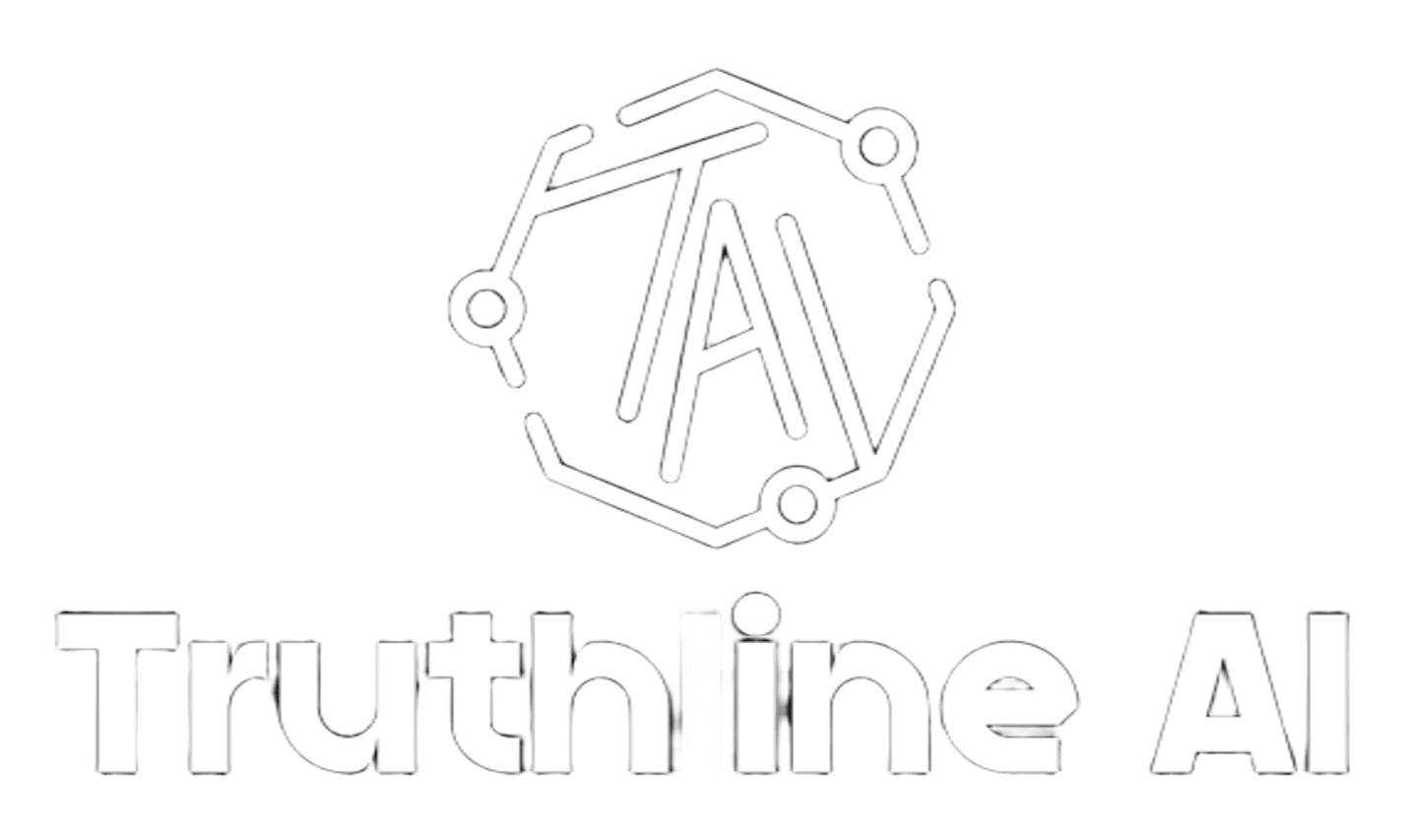Daily Nation
1. Track (Content Focus and Themes)
The Daily Nation adopts a critical, reformist, and pro-opposition-leaning approach, emphasizing:
- Government accountability (police brutality, hospital failures, audit queries)
- Youth and political disruption (Gen Z’s electoral influence, protests)
- Economic and social justice (streaming industry exploitation, cooperatives vs. harambees)
- Human rights and civil liberties (abductions, deaths in custody, judicial overreach)
- Regional and global issues (Lake Victoria’s ecological crisis, Gaza, diaspora politics)
2. Tone (Language and Sentiment)
- Critical and investigative, scrutinizing state actions
- Empathetic toward victims of injustice
- Skeptical of authority figures and directives
- Advocacy-oriented, promoting reforms and accountability
3. Framing (Issue Presentation)
- Conflict: Opposition vs. government, police brutality
- Economic inequality: Streaming exploitation, unstable harambees
- Youth empowerment: Gen Z as digital disruptors
- Human rights: Abductions, custodial deaths, judicial bias
- Ecological crisis: Tilapia decline threatening livelihoods
4. Editorial Agenda
- Anti-establishment, favoring opposition narratives
- Pro-reform, calling for systemic changes
- Pro-youth and digital activism
- Critical of law enforcement practices
- Pan-African and global justice perspective
The Standard
1. Track (Overall Narrative)
The Standard takes a critical, reformist stance, portraying the Ruto administration as failing to deliver on promises and losing public trust. Themes include:
- Unfulfilled political promises
- Government repression and protest crackdowns
- Economic struggles and unemployment
- Institutional dysfunction
2. Tone
- Critical and skeptical of leadership
- Empathetic to protesters, abandoned children, struggling teachers
- Cynical about IEBC’s independence
- Alarmist language around potential “youth revolution” and unrest
3. Framing (Perspectives and Biases)
- Ruto as a failed reformer, ruling like the “dynasties” he opposed
- Protesters framed as justified victims
- Human-interest angles reinforcing state neglect
4. Editorial Agenda
- Promotes accountability and reform
- Supports anti-repression and protest movements
- Highlights economic justice issues (unemployment, strikes, taxes)
- Maintains skepticism toward power and state narratives
- Advocates for human rights and social welfare
Comparison of The Daily Nation and The Standard
Similarities
- Both maintain a critical, reformist stance toward the Ruto administration
- Emphasize government failures, police brutality, economic struggles, and youth protests
- Share a pro-opposition, pro-accountability agenda, highlighting Gen Z as a disruptive political force and advocating for human rights and economic justice
Differences
- The Daily Nation emphasizes pan-African and global justice issues, structural economic reforms, and youth digital activism
- The Standard focuses on local institutional dysfunction and emotional human-interest stories
- The Standard’s tone is more alarmist and cynical, while The Daily Nation blends investigative scrutiny with advocacy-oriented reformism
Conclusion
The Daily Nation positions itself as a broad reformist platform, linking local accountability to global and economic justice themes. The Standard offers a sharper, emotionally charged critique of Ruto’s leadership, concentrating on local grievances and institutional decay. Both reinforce anti-establishment sentiment but differ in scope: The Daily Nation casts a wider net on systemic reforms, while The Standard zooms in on immediate government failures and human suffering.
